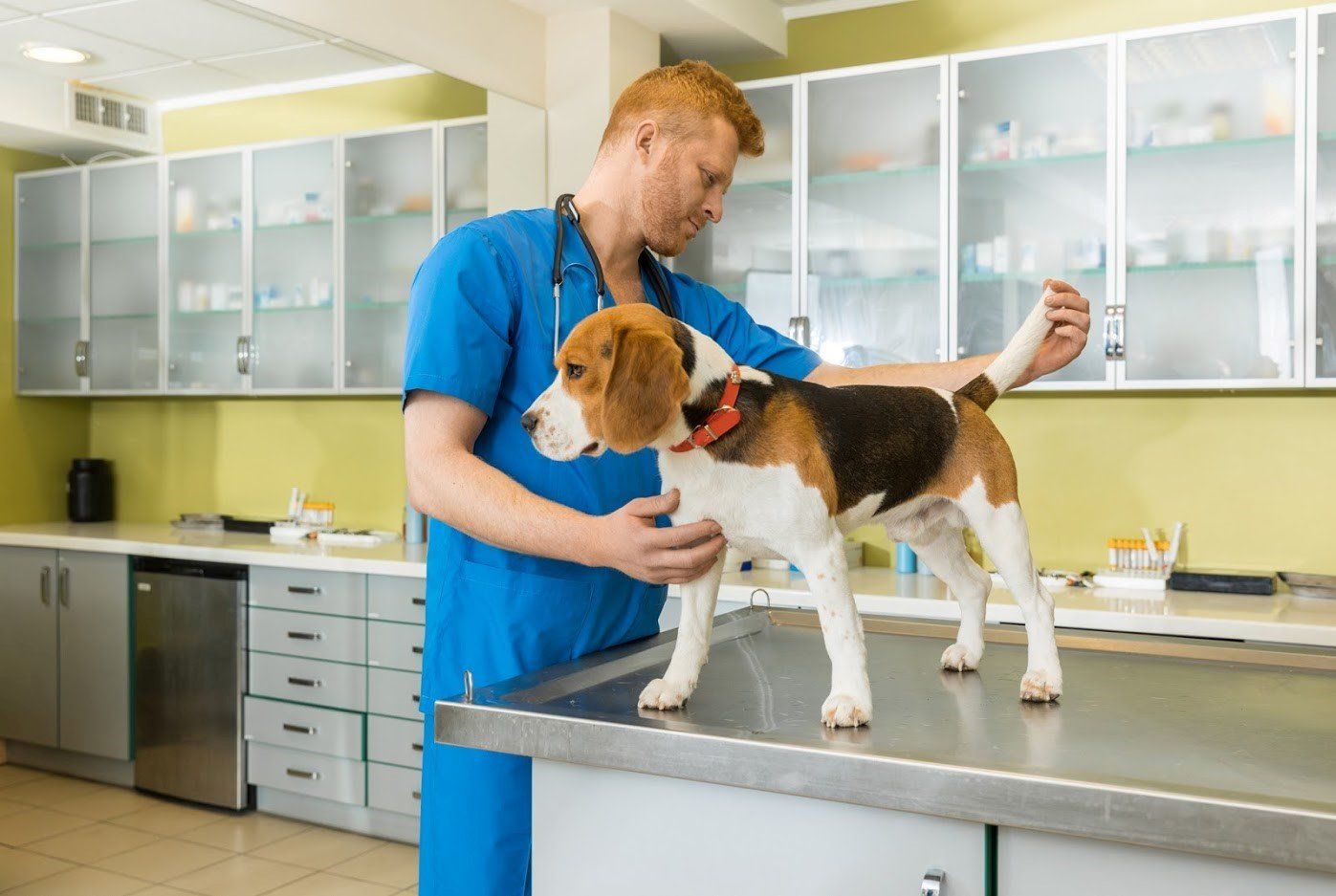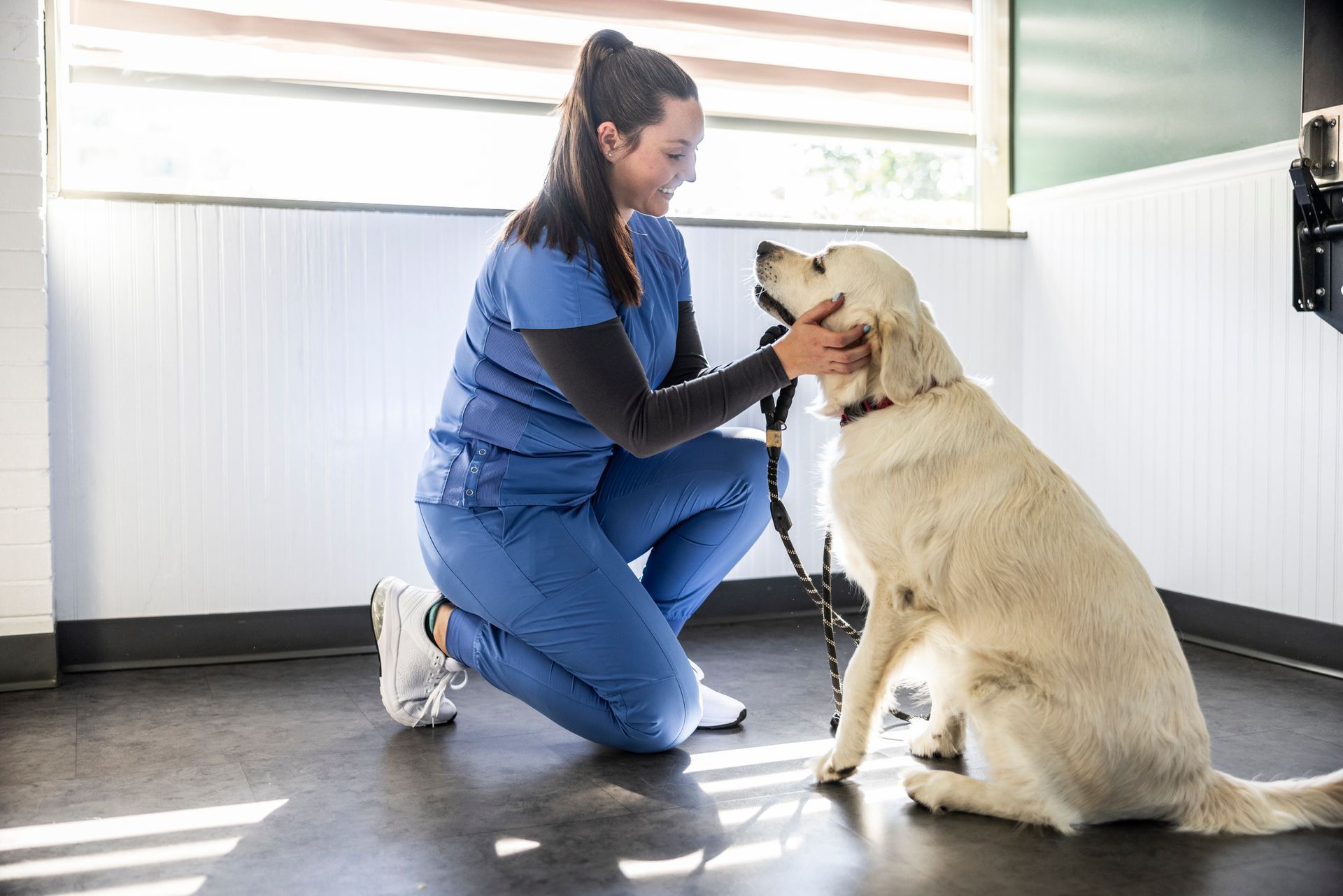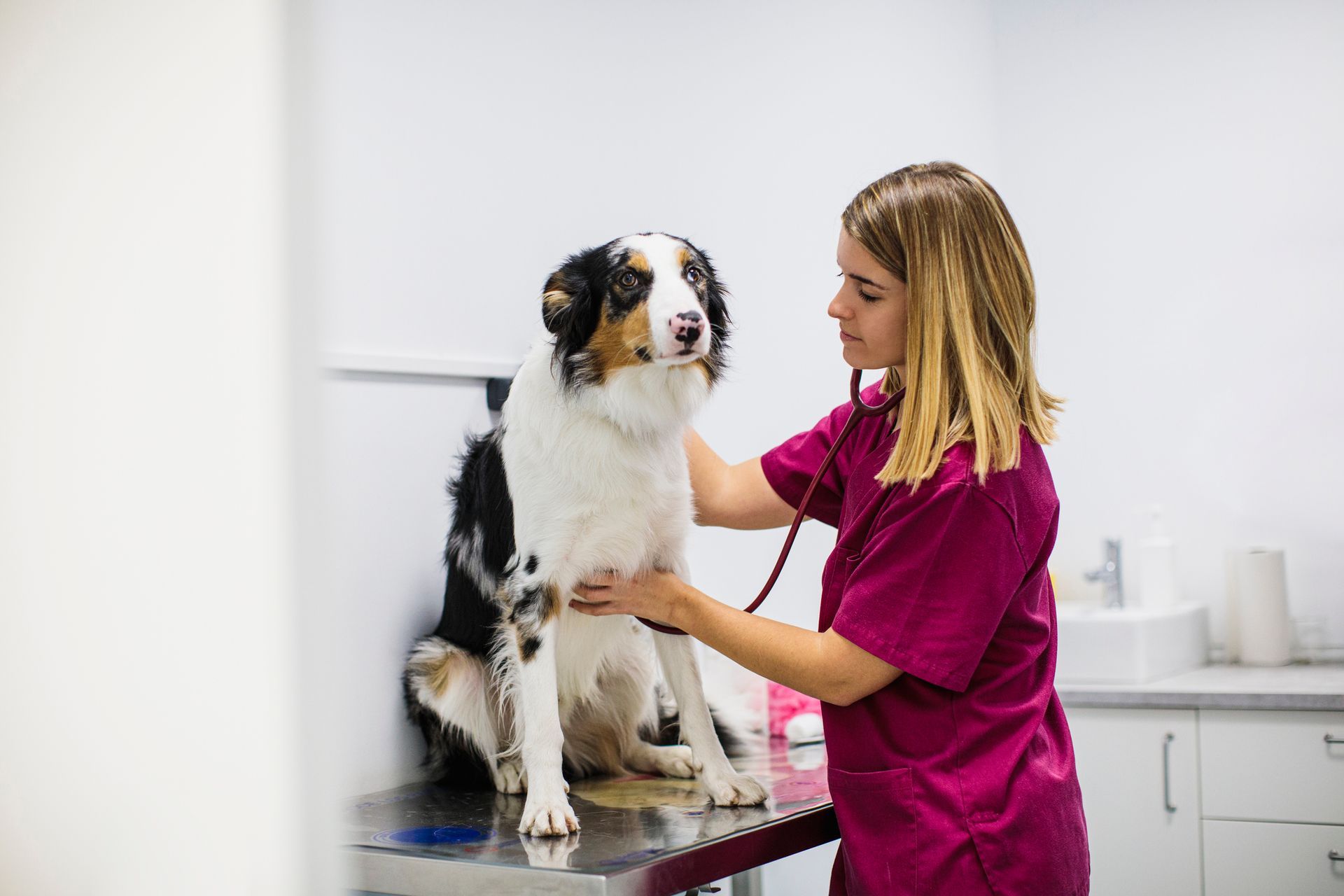Frequently Asked Questions About Bladder Stones in Dogs
Bladder stones can cause a variety of problems for dogs, from discomfort and incontinence to dangerous blockages of the urinary tract. If you suspect that your dog has developed bladder stones, you'll want to get the condition checked out and treated by a skilled veterinarian earlier rather than later to avoid complications.
You can ensure that your dog receives early diagnosis and treatment by understanding some key points about canine bladder stones, from the circumstances that cause their formation to telltale symptoms that your dog needs help. Check out the answers to the following frequently asked bladder stone questions.
How Do Veterinarians Define Bladder Stones?
Veterinarians define bladder stones, also called cystic calculi or uroliths, as minerals and related substances that gather together and crystallize inside the bladder. These stones have nothing to do with kidney stones, despite the fact that kidney stones can also plague the urinary systems of dogs.
Bladder stones in dogs usually feature one of four types of substances: calcium oxalate, struvite, urate, and cystine. Struvite makes up the majority of canine bladder stones. Male dogs usually develop calcium oxalate stones, while 85 percent of dogs with struvite stones are female.
Why Do Dogs Develop Bladder Stones?
The pH of a dog's urine counts as a critical factor in the dog's risk for bladder stones. Normally, the acidity of the urine keeps dissolved minerals floating around in suspension until finally eliminated. An overly alkaline pH or overly concentrated urine can allow the minerals to solidify into stones.
Urinary retention problems, coupled with too much protein and minerals in the diet, can make a dog more vulnerable to bladder stones. Most struvite bladder stones occur as a result of bacterial infections that raise ammonia levels in the urine, which then raises the urine's overall pH.
Some breeds have an elevated risk for bladder stones. For example, Cocker Spaniels and Miniature Schnauzers often develop struvite stones, with Standard Schnauzers and Yorkshire Terriers more likely to develop calcium oxalate stones, Miniature Poodles and Bichon Frise have elevated risks for both types of stones.
What Symptoms and Complications Can Bladder Stones Cause?
Bladder stones can impede the flow of urine. If your dog suffers from bladder stones, it may strain to urinate, with or without success. On the other end of the symptom scale, your dog may urinate suddenly and inappropriately, or they may dribble urine in small, frequent amounts. The urine might contain traces of blood.
Left untreated, bladder stones can damage the walls of your dog's bladder. In some cases, they can even cause a total urinary blockage. Veterinarians treat this situation as a medical emergency because the accumulated urine can cause the bladder to expand until it ruptures.
How Will Your Veterinarian Diagnose and Treat Your Dog's Bladder Stones?
Your veterinarian can use diagnostic imaging methods to view the inside of your dog's bladder in the search for stones. Since canine bladder stones don't always show up clearly on X-rays, your dog may also undergo ultrasound imaging or the injection of a special dye that makes the bladder stones easier to see.
Treatment for bladder stones in dogs depends on the minerals involved. Laser treatment and special diets can sometimes break up or dissolve struvite stones. As an alternative, your veterinarian may administer a procedure to flush smaller stones out of the urinary system. Antibiotics may clear up a stone-producing infection.
Calcium oxalate stones won't respond to any efforts to dissolve them through specialized diets. If your dog has this type of stone, your veterinarian will focus on laser treatment or other treatment measures. Surgery can remove any bladder stones too large to remove through conservative treatment.
What Can You Do to Prevent Your Dog From Getting Bladder Stones?
The easiest and most effective way to reduce your dog's bladder issues lies in preventative care. If your dog has a history of bladder stone trouble, your veterinarian may recommend dietary formulas made to discourage minerals such as calcium and struvite from coming together and creating stones.
The amount of water your dog receives on a daily basis plays an important role on bladder stone prevention. Give your dog ready access to water at all times to help dilute the urine and keep minerals in suspension. If your dog normally eats dry food, a change to water-rich wet food may also help.
A veterinarian-approved diet should provide your dog with the right nutritional balance to sustain good overall health. Resist the urge to give your dog any kind of nutritional supplement without your veterinarian's approval. Some supplements may contain minerals that promote bladder stone formation.
South Seattle Veterinary Hospital has the answers to all your questions about bladder stones in dogs, as well as the diagnostic and treatment expertise to help your dog overcome this painful problem. Contact our animal clinic today.











